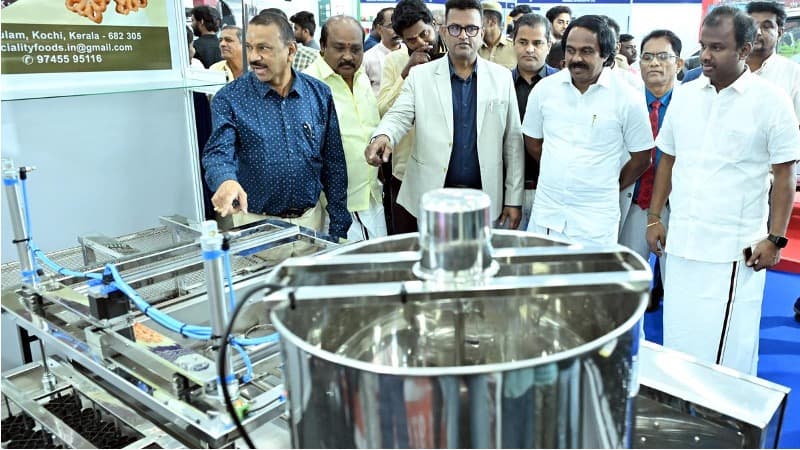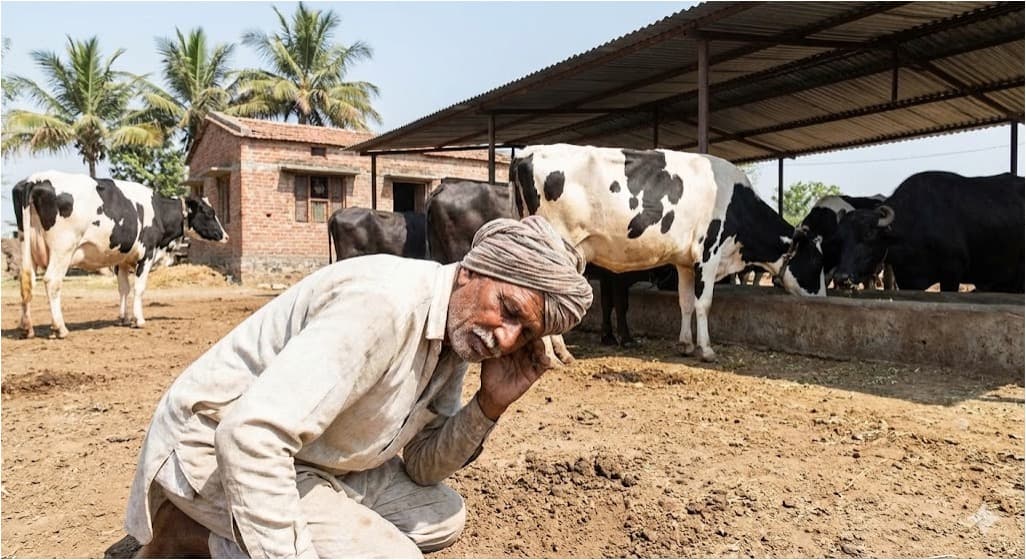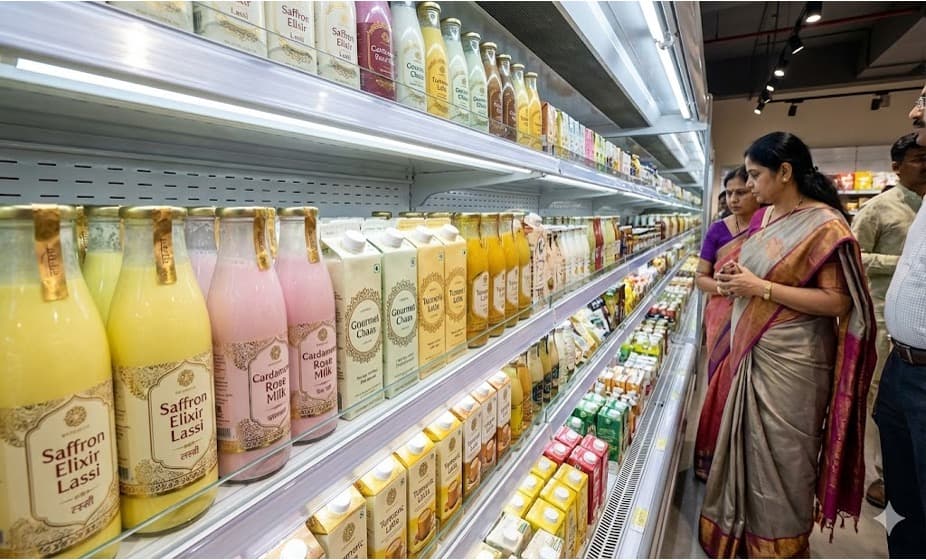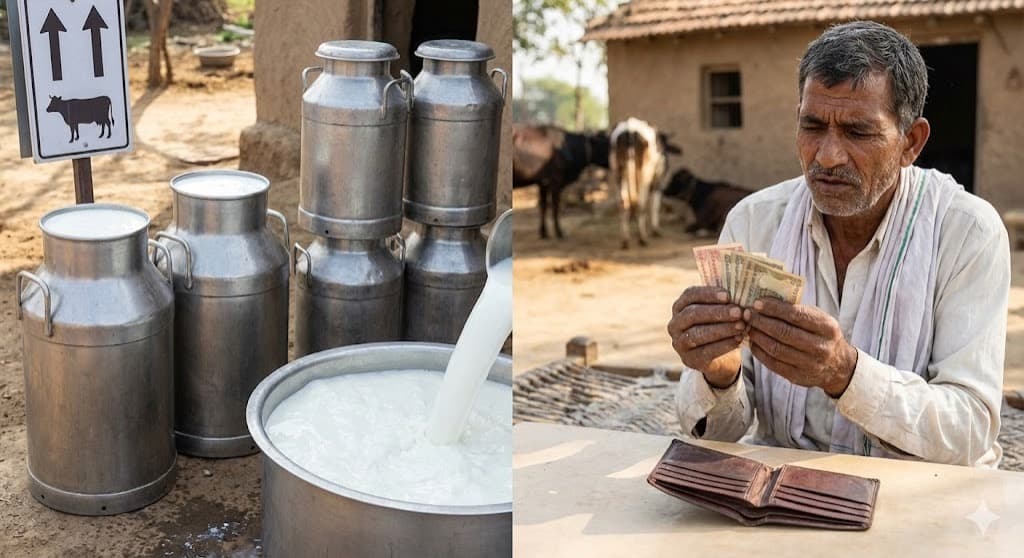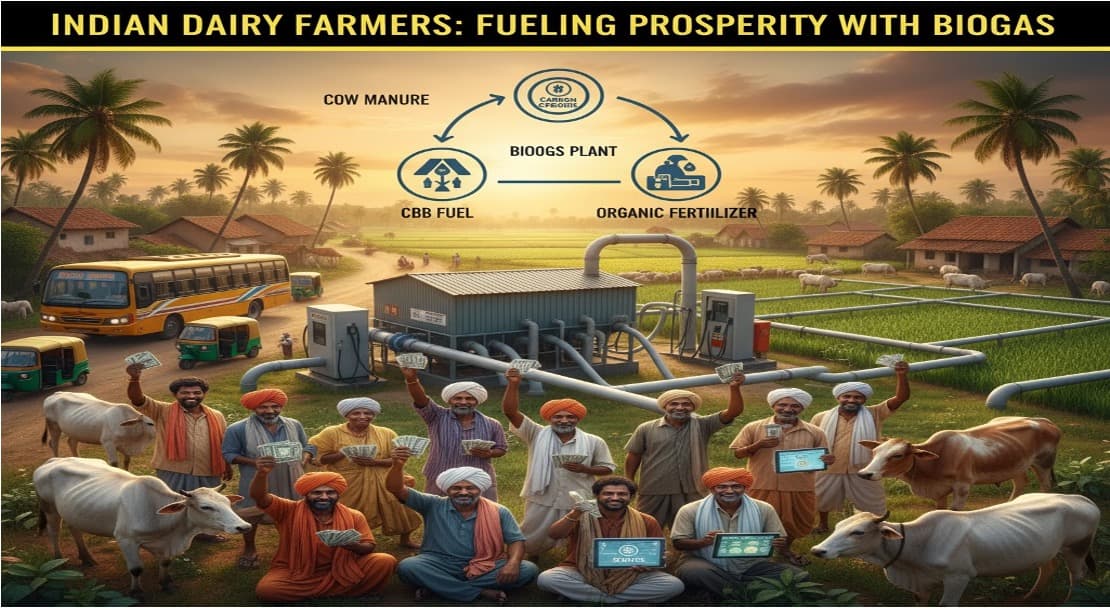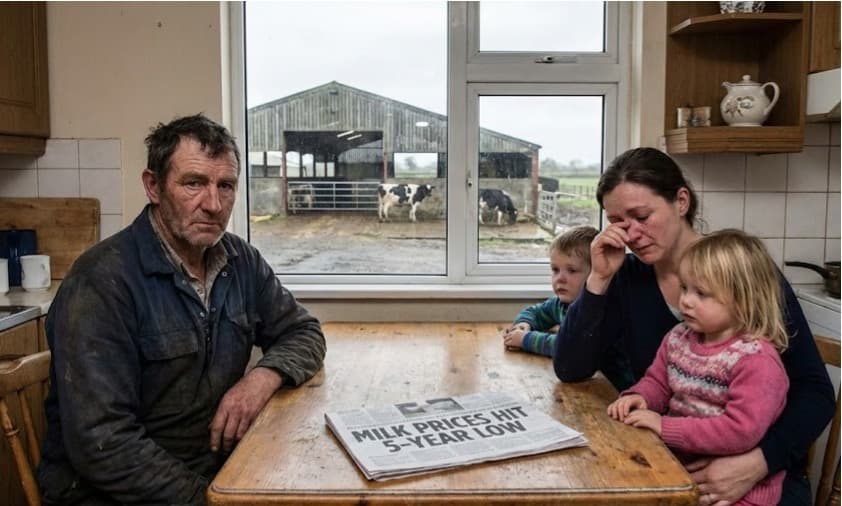Skilling or Subsidy, Which one will you choose for sustainable farming?
I came across a similar poster shown below at a restaurant a few years back in Europe. It simply highlighted the issues related to a single solution to all the problems. If you are pleasing everyone , it simply means that you are not doing your job well. Today central as well as state governments are offering all sorts of schemes and subsidies to lure the farmers. This has led to a flood of messages and articles on social media crying over the misuse of taxpayers money .
The paradigm of Trinity
Let us examine this paradigm of trinity from the dairy development in India. In the dairy sector the government has been trying to solve the problems mainly through the following two measures.a. Subsidising the produce and infrastructure
b. Skill development of all the stakeholders
The government is actively implementing various programs under these segments for all the stakeholders within the dairy value chain. The government has created an exclusive Dairy infrastructure development Fund to support the sector. Few states are also disbursing direct subsidies on the milk produced.
I consider that skill development at farmer’s level is a very powerful tool to make the farming sustainable. While doing research I came across government’s response to a parliamentary question raised on this issue a few weeks back. The question was to know about the number of farmer beneficiaries under the training and skill development programs under National Program for Dairy development (NPDD).
Government response to query on Skill development under NPDD
In their response the government shared that around 12.26 lakhs farmers have already attended training and development programs under NPDD. The surprising thing was that three fourth of participants were from the states of Karnataka (60%) and Bihar (17%) alone. Looking at it one thing became very clear that Skill development with subsidy on produce can not ensure Sustainability. The opposite is also true that Subsidy on produce to create Sustainability will not ensure Skill development .Then what is the way forward to create long term sustainability in dairy farming. I would like to put my bet on Skill development as the most powerful tool which can be given in the hands of the farmers. The famous quote as written below explains the whole story.

The myth buster
Let us first break the myth of illiteracy in rural India. The rural population of India represents 65% of the total population, around 88 crore (880 million). As of 2021, the literacy rate in rural India was around 73.5%. This includes 81% male and 65% female literacy in rural sections of India.Covid has been disruptive in creating a culture of online learning and teaching through smart phones. According to the Annual Status of Education Report (ASER) survey, the availability of smartphones in rural India was 36.5% in 2018, which increased to 61.8% in 2020 and 67.6 % in 2021. And, at least 27.9 % households in rural India bought a new smartphone for their children’s education this year. This figure was 9.1% last year.
I request all the nodal training agencies not to consider our farmers as naive. It is also important to define the right areas for skill development in the dairy sector. I have hardly seen any training program where the objective is to make them a businessman. I have seen many incubation centres which are training the urban educated to become farmers. But I have seen very few programs in which the farmers are being trained to become businessmen.
Don’t turn a farmer into a better farmer..Turn them into a businessman
Understanding of cost of milk production and inability to create market linkages are the two key shortcomings of Indian dairy farmers. A robust nationwide program can very well address these two issues. All measures of capacity building of dairy farmers under doubling the farmers income program must be implemented at the earliest. These trainings must be equitable and not limited to the farmers of a few states only.We need to create an eco system where farmers must be able to counter inflation with productivity and optimisation of its input costs, rather than staring at the government for subsidies. We must help farmers to unveil their power to write their own destiny by adopting suitable technology and best practices.
The underlying fact remains that sustainability of dairy farmers through Skill Development will not require any Subsidy on produce by the government.
Lastly, please answer this question ; “Skill or Subsidy, which route will you choose for sustainable farming?”
I leave it upto you to decide but do share your thoughts on this important aspect of sustainability of dairy farming.
Source : A blog by Kuldeep Sharma Chief editor Dairynews7x7.com
